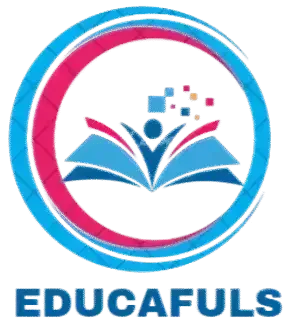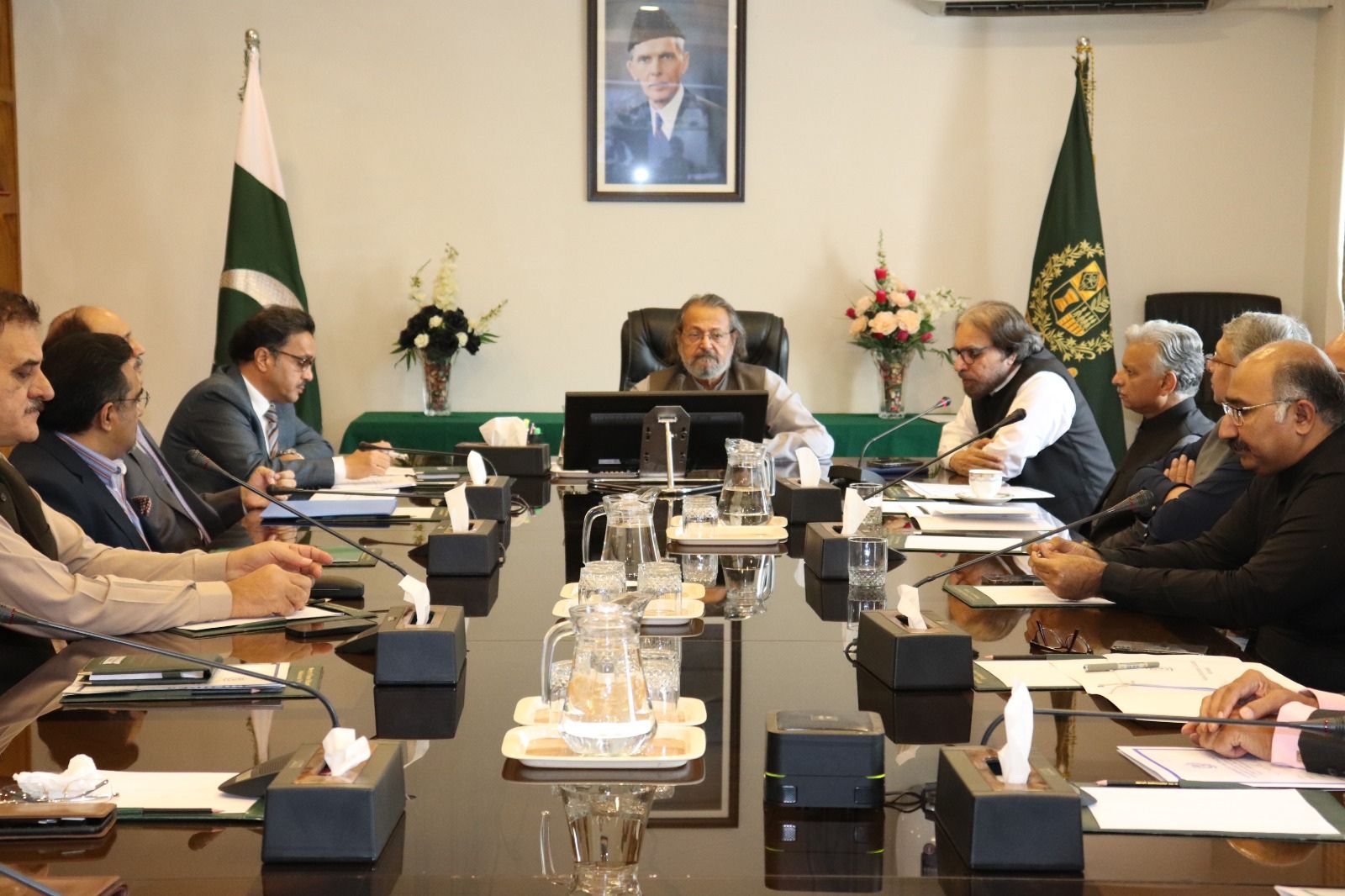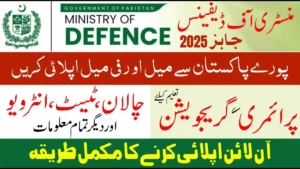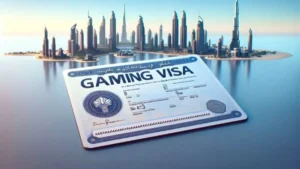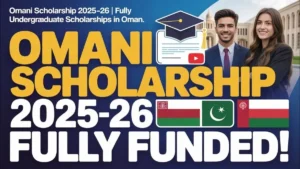Education is sometimes described as the foundation of any country, and in Pakistan, with its heterogeneous people and intricate social structure, its value is immeasurable. The Education Minister of Pakistan is a crucial official who leads the education sector and plays a significant role in determining the future of millions of students nationwide.
However, what precisely does the Minister of Education accomplish, and why is their position so important? This article explores the diverse duties and influence of Pakistan’s Minister of Education.
Education Minister of Pakistan: Historical Background
Pakistan’s Ministry of Education has a long and illustrious history that stretches back to the early stages of the nation’s establishment. The British colonial model had a significant initial influence on the education system, but it has since changed to better meet the requirements of the Pakistani people.
The ministry has undergone considerable transformation, and multiple leadership transitions have shaped the current state of education.
Pakistan’s current minister of education
Currently, [Name of Current Minister], a person with a solid background in [essential subjects, such as public policy, education, etc.], is in charge of the Education Ministry.
The present minister has a wealth of knowledge and a profound awareness of the opportunities and problems in Pakistani education, resulting from a career that has lasted several years.
Principal Duty of the Education Minister of Pakistan
Pakistan’s Minister of Education is vital to several facets of the national education system. A few of the critical duties consist of:
Formulation of Policies
One of the Ministry of Education’s primary responsibilities is developing the policies that direct the country’s educational system. This covers everything from creating curricula for schools nationwide to establishing educational standards.
Development of Curriculum
The curriculum is the foundation of the educational system, and the minister of education is in charge of ensuring that it reflects Pakistani cultural and social values and meets international standards.
Training and Development for Teachers
A proficient educator is essential to accomplishing goals in any educational system. The Education Minister is in charge of several programs for teacher preparation to ensure that teachers are prepared to meet the demands of contemporary education.
Reforms and Initiatives in Education
New reforms and initiatives spearheaded by the education minister of Pakistan typically improve the country’s education quality. These reforms may involve new teaching techniques or adjustments to the curriculum.
Allocating and Managing the Budget
In Pakistan, financing education is a crucial problem, and the minister of education is in charge of ensuring that the funds allotted are spent wisely to enhance the educational system. This covers everything from constructing new schools to offering students scholarships.
Obstacles the Education Minister Faces
There are difficulties in the job of the minister of education. Among the most urgent concerns are:
Regional Inequalities
Pakistan has significantly different regions, and the country’s educational system reflects this. The Education Minister must address these discrepancies to guarantee that all children, irrespective of their location, have access to high-quality education.
Rates of Literacy
Pakistan’s literacy rates continue to be concerning, despite notable advancements. The minister of education must implement strategies to raise these rates, especially in rural areas where literacy rates are lower.
Infrastructure Problems
In Pakistan, many schools—especially those in rural areas—struggle with inadequate facilities. The Education Minister is responsible for making these improvements to give pupils a better learning environment.
Social and Political Barriers
In Pakistan, social and political forces frequently impact education. The Minister of Education must overcome these obstacles and implement effective policies and reforms.
Principal Accomplishments of the Ministry of Education
The Education Ministry has significantly improved Pakistan’s educational system despite obstacles. Among the noteworthy accomplishments are:
Current Policies and Reforms
One of the current Education Minister’s most significant accomplishments has been the establishment of new educational reforms. Modernizing the curriculum, enhancing teacher preparation, and expanding educational access in underprivileged areas have been the main goals of these changes.
Achievements in Education
Thanks to the efforts of the Education Ministry, Pakistan’s education system has seen several success stories. These include starting new schools, offering scholarships to worthy students, and raising literacy rates in specific areas.
Global Acknowledgment
Pakistan’s educational system has received international recognition for a few of its projects and programs. This is evidence of the Education Ministry’s diligence and commitment during the current administration.
COVID-19’s effects on Pakistani education
The COVID-19 epidemic had a significant effect on educational systems worldwide, and Pakistan was no exception. The abrupt switch to online instruction posed many obstacles, but the Ministry of Education moved quickly to address them.
Convert to Online Education
The Education Ministry had to quickly implement online learning solutions while schools were closed. This posed a serious problem, especially in areas with poor internet and technological access.
Governmental Reactions and Proposals
The Education Minister led the government in launching several programs to assist educators and children during the pandemic. These included the distribution of learning materials, television lessons, and internet resources.
Effects on the Education System Over Time
The pandemic has had a long-lasting impact on Pakistan’s educational system. The Education Minister’s current priorities are closing the identified learning gaps and equipping the system to withstand future shocks.
Pakistan’s Educational Future Vision
The Education Ministry has established challenging objectives for Pakistan’s educational future.
Objectives and Goals
The main objective is to provide high-quality education to everyone, irrespective of socioeconomic status. This entails raising the percentage of literate people, expanding educational opportunities, and ensuring the curriculum meets contemporary demands.
Technology’s Place in Education
In Pakistan, technology will be a significant factor in education in the future. The priorities of the Education Minister of Pakistan include ensuring all students can access digital learning resources and incorporating technology into the curriculum.
Resolving Inequalities and Disparities
The Education Ministry is dedicated to resolving the inequities in the educational system. This entails supplying marginalized communities with greater resources and guaranteeing that every student has an equal chance to achieve.
The Function of NGOs and International Organizations
NGOs and international organizations have made a substantial contribution to Pakistani education.
Partnerships and cooperation
The Education Ministry has collaborated with numerous NGOs and foreign organizations to enhance the educational system. As a result of these collaborations, new projects and programs targeted at improving educational results have been introduced.
Foreign Aid’s Effect on Education
Foreign help has made many of the projects undertaken by the Education Ministry possible. Infrastructure has been improved, scholarships have been given, and teacher training programs have been supported.
Case Studies and Success Stories
Numerous success stories demonstrate how international cooperation has improved Pakistani education. These anecdotes show promise for future advancements and are inspirational.
Reforms in Education Under the Current Minister
The current education minister has made several significant changes to the school system.
Summary of the Principal Reforms
These changes have focused on modernizing the curriculum, enhancing teacher preparation, and expanding access to education in rural regions. The aim is to develop a more efficient and inclusive educational system.
Public Response and Disapproval
Opposition has been expressed to the reforms, even though many of them have been positively embraced. Some debate the extent of the reforms and whether they should prioritize metropolitan areas over rural areas.
Long-Term Consequences
Although the long-term effects of these changes are still being felt, there is nevertheless optimism that they will result in a more efficient and equitable educational system in Pakistan.
Provincial Governments’ Function in Education
In Pakistan, the federal and provincial governments share responsibilities for education.
The Assignment of Responsibilities
The education minister collaborates closely with provincial governments to guarantee that educational programs are successfully implemented across the nation. The minister must also take into account each province’s unique priorities and challenges.
Case Studies of Local Achievements and Mistakes
At the provincial level, there are instances of both achievements and disappointments. These case studies offer insightful information about what works and what doesn’t, which may be used to guide future efforts and policies.
Working together with the federal government
Cooperation between the federal and provincial governments is essential for the education system to be successful. The education minister plays an important role in ensuring that all levels of government are working towards the same goals and encouraging this collaboration.
Programs for Teacher Development and Training
The Education Ministry prioritizes teacher training.
Present-Day Training Initiatives
Numerous continuing education initiatives in Pakistan aim to raise the level of expertise and understanding among educators. Pre-service and in-service training are the main foci of these programs, guaranteeing that teachers are ready for the classroom.
Upcoming projects
The Minister of Education is developing several new projects to improve teacher preparation. These programs aim to integrate technology into the classroom and expand opportunities for professional development.
The Significance of Ongoing Professional Growth
Educators must engage in ongoing professional development to stay current with the newest teaching techniques and technological advancements. The minister of education is dedicated to ensuring that educators have access to the tools they require to further their careers.
Education Funding and Budget
One major problem facing Pakistan’s education system is funding.
Examining the Allocation of the Current Budget
There is much discussion about the current budget’s provision for education. Even though government financing has increased recently, there are worries that more is needed to fulfill the education system’s expanding needs.
Difficulties with Funding
One of the main obstacles is ensuring that the money allotted is used effectively. The Minister of Education is responsible for supervising the allocation of funds and guaranteeing their efficient utilization to enhance the educational system.
The Value of Long-Term Investment in Education
The long-term viability of the educational system depends on sustained investment in the field. The Minister of Education is concentrated on obtaining the money required to support current and upcoming projects.
Views of the Public on the Performance of the Education Minister of Pakistan
The way the public views many factors influences the Education Minister’s performance.
Findings from Surveys and Public Attitude
The results of recent surveys evaluating the public’s opinion of the Education Minister’s performance have been conflicting. While some believe that more work needs to be done, others are content with the progress made.
Media Attention
Both favorable and unfavorable media coverage of the Education Ministry’s activities has occurred. Although the education minister of Pakistan has received praise for several of her ideas, she has also drawn criticism, especially for the speed at which reforms are being implemented.
Evaluation of Remarks and Criticisms
When assessing the Education Minister’s work, it’s critical to consider both the compliments and the criticism. While there is still room for development, there have been noteworthy accomplishments that should not be disregarded.
FAQs
Who is Pakistan’s Minister of Education at the moment?
Pakistan’s Minister of Education is currently [name of current minister].
What are the Minister of Education’s primary duties?
The primary duties are formulating policies, creating curricula, training teachers, implementing educational changes, and managing budgets.
What impact has COVID-19 had on Pakistani education?
The Education Ministry is now addressing issues including limited access to technology and learning gaps that resulted from the move to online learning brought about by COVID-19.
What difficulties does the Ministry of Education face?
The difficulties include regional differences, low literacy rates, inadequate infrastructure, and social and political hurdles.
What are Pakistan’s educational aspirations for the future?
Future objectives include:
- Resolving inequalities in the educational system.
- Incorporating technology.
- Expanding access to high-quality education.
In conclusion
The Education Minister of Pakistan significantly impacts the future direction of that country’s educational system. Notwithstanding the difficulties, there have been essential successes and beneficial improvements.
A distinct vision for Pakistani education in the future emphasizes diversity, technology, and ongoing development. The Education Ministry’s ongoing efforts, the government’s backing, and the participation of all stakeholders will be necessary for this goal to succeed.
